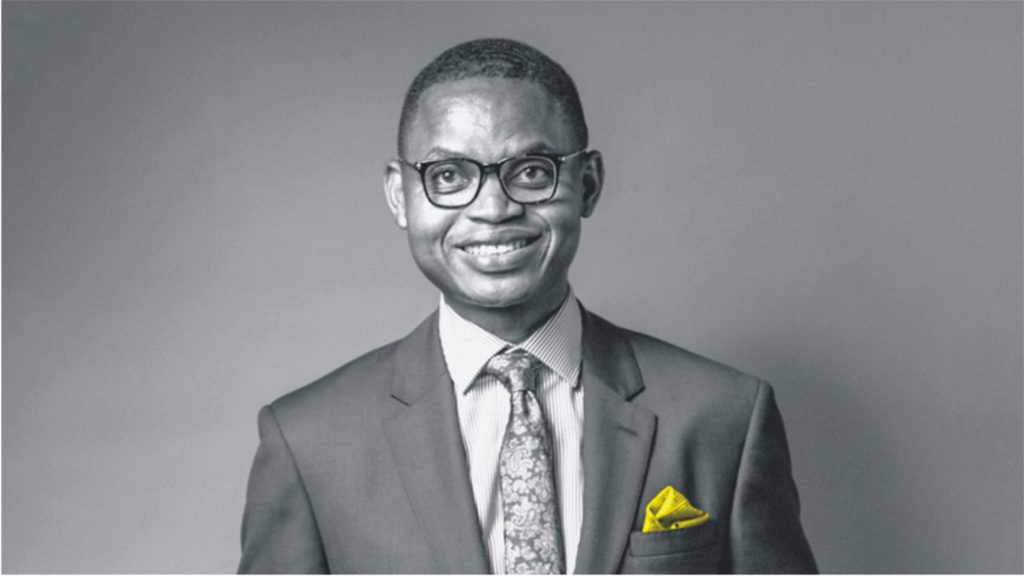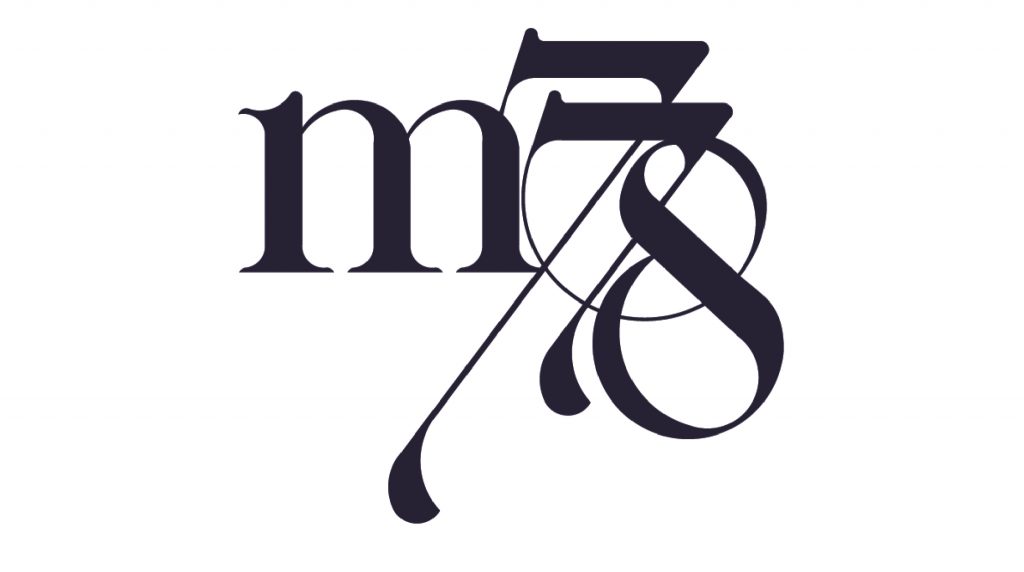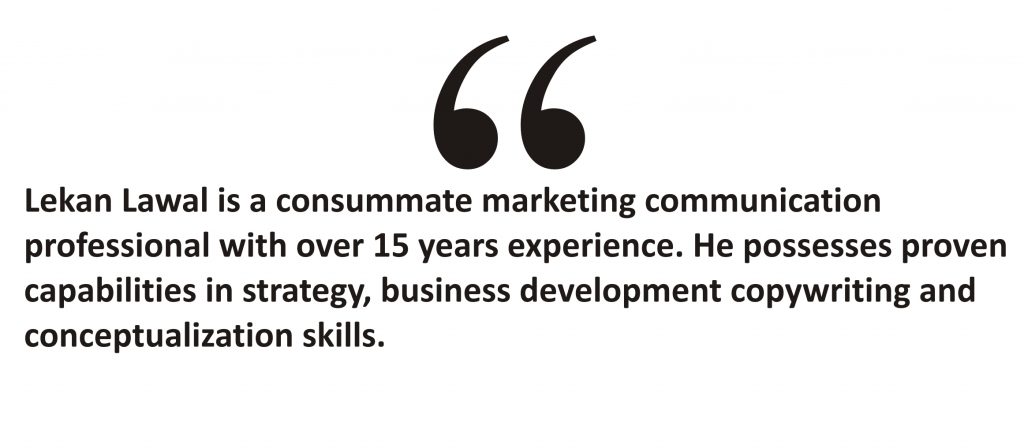Major industry players in Nigeria like in the rest of the globe have taken to running their businesses from the virtual space, a wisdom learnt from the Coronavirus (Covid-19) pandemic that ravaged the global economy in 2020. While the pandemic lasted most businesses packed up, some down-sized and others migrated their operations to the online to beat man-hour delays that came with the lockdowns during the period. In this chat with MARKETING SPACE, Mr. Lekan Lawal, Founder/CEO of M778NG mentioned that the Nigerian business environment in 2020 is a combination of two people; COVID-19 gainers and losers. Excerpts…

How will you describe the Nigerian business environment of 2020?
The year 2020 was perforated with a rapid outbreak of the pandemic which undoubtedly affected many businesses across the globe. According to a study conducted by KPMG, 94 percent of global and local businesses in Nigeria have been impacted and are already seeing COVID-19 disruptions. The Nigerian business environment in 2020 is a combination of two people; COVID-19 gainers and losers.
Some businesses made gains during the Pandemic as they were able to change output variation by moving their transactions online. This has cut additional charges and upkeeps physical transactions would attract. However, some businesses with no prospect of virtual transaction made losses that can’t be quantified as they were forced to go limbo over the period of the full lockdown. These sectors include hospitality, travels and tours etc. Some smart businesses who were on the losing end of the game made temporary changes and started fast selling businesses that were relevant during the lockdown.
In other words, the Nigerian business environment in 2020 was neither good or bad, depending on the nature of business and the strategies employed.
How would you rate the performance of your sector since last year?
The core of what we do in this sector is to promote what is produced. If there is no incentive for no production, there won’t be a need for promotion. Our sector was badly affected, some permanent staff were converted to temporary staff, some were asked to resign, business in the advertising industry reduced to needful essentials.
The sector was badly affected, but when you look at it from a positive point of view, you can say that it gave opportunities for briefcase businesses who just provide on-the-go creative services for clients.
What has kept your organization going in spite of the current economic and social challenges?
We adopted the approach of Profitability through empathy and transparency. This is because the common denominator between transparency and empathy is trust. Trust is a huge social capital.
People would put billions on your business or idea just because they trust you and they feel you’re genuine. While others are looking at it from the point of P&L, cutting staff, becoming desperate about things, we were very sincere with ourselves because it was a question of how we can remain relevant in business in spite of any dynamics. There are certain variables in business that are very constant, empathy is one of them, transparency is also another. And these variables are rare in our industry.

These variables have an evergreen value and that is why we stick to them. As young as we are, it is creating a reputation for us, and it is also going to sustain us through all these thick and thin.
To what extent would you say that the challenges have impacted positively or negatively on your business strategies?
COVID-19 has impacted our business positively. Being a new business, the period when the global economy is resting has allowed us to plan adequately, giving us room to provide another route to market.
Such as portfolio diversification and it also allowed us to make an attempt. Test the strategy, fail very quickly, recover and use that failure as an experience for how to do it better.
COVID-19 pandemic really affected Nigeria and the world in 2020. Now that the economy is gradually taking shape, what are your expectations for 2021?
We still expect a case of “trial and error”. It is quite difficult for nations to have a proper plan given that some countries are still being faced with a high number of cases, even with the vaccines in place. But in all, we continue to prioritize the unexpected, while still exploring digital ways of working and connecting with our customers, having in mind that this will likely have lasting effects.
In your opinion, what do you think will be major challenges that will face players in the IMC industry and the Nigerian economy as we move on in 2021?
I was in a webinar just a few weeks back and the host mentioned that technology has made the industry very competitive. Let that sink for a moment. It might sound like an oxymoron but that is the truth.
Young individuals with little or no experience are now starting their own consultancy outlet. This has made The industry saturated which will engender stiff competition. The industry is going to be a lot stiffer in the future.
How will you assess the attitude of Nigerian consumers as it relates to the current economic challenges in the country?
There is no doubt that the behavioral pattern of consumers have been greatly affected by the pandemic. Consumers are now more human, and a little bit desperate due to the restriction from what was normal to the adoption of the new normal. The events that comes with the pandemic also has its effect, starting with millions of death recorded across the globe couple with riot outbreak from #BlackLiveMatters to #Endsars protest; all these have made consumers choose value and purpose over volume and profit.
Consumers will be driven by trends which will be based on their purchasing power. Brands that want to make profit in the comic year should be more concerned about making a positive impact especially in the community in which they operate.

Which areas of the economy should we expect the earliest full revival this year?
I would say the telco industry. The pandemic brought about the importance of a virtual way of getting a job done, which of course doubles the rate at which we consume internet connections.
What is your brand’s approach to business?
We connect brands and consumers through positive experiences.
About Lekan Lawal
Lekan Lawal is a consummate marketing communication professional with over 15 years experience. He possesses proven capabilities in strategy, business development copywriting and conceptualization skills. He is an Alumnus of Metropolitan School of Business Management (London) and Lagos Business School (LBS).
He provides marketing communication services in different sectors including Advertising, International Development and Information Technology.
He has worked at a senior management level for renowned advertising agencies in Nigeria including JWT Nigeria and Noah’s Ark, he was the Business Director at Noah’s Ark Communications Limited, a distinct creative agency in Sub-Saharan Africa where he drove business leadership and leveraged the Agency’s creative reputation for more business opportunities, while at Noah’s Ark, he oversaw brands such as Nokia, Airtel, Friesland Campina, producers of Peak and 3Crowns Milk brand and others. During this, he grew the company’s billings from N980M to N1.4B within two years. Before establishing M778NG, Lekan was the COO/GM Leo Burnett.
He has worked quite extensively with the International Development community especially UKAID and World Bank as a National Communication Consultant on various development programs in sectors such as Construction/Real Estate and Retail where he designed and implemented communication strategies that resulted in improving both sectors and benefitting the ‘bottom of the pyramid’ players as well.
He was directly responsible for creating a brand from a World Bank’s financial access product known globally as ‘The Challenge Fund’ which he rechristened ‘Construction Ideas Fund’ in Nigeria’s Real Estate and Construction sector.
Lekan’s experience in the IT sector spanned over three years. He created the Marketing Communication Department of at Signal Alliance Limited, a foremost Microsoft partner in Nigeria and 3rd biggest Microsoft Enterprise Partner in West Africa. During his time at Signal Alliance, the company won many awards including Microsoft Enterprise Partner of the year for her positioning and articulate route to market plans. He is particularly vast in market entry strategies and has applied his to over 5 businesses and brand in different sectors including Hospitality and Construction.













